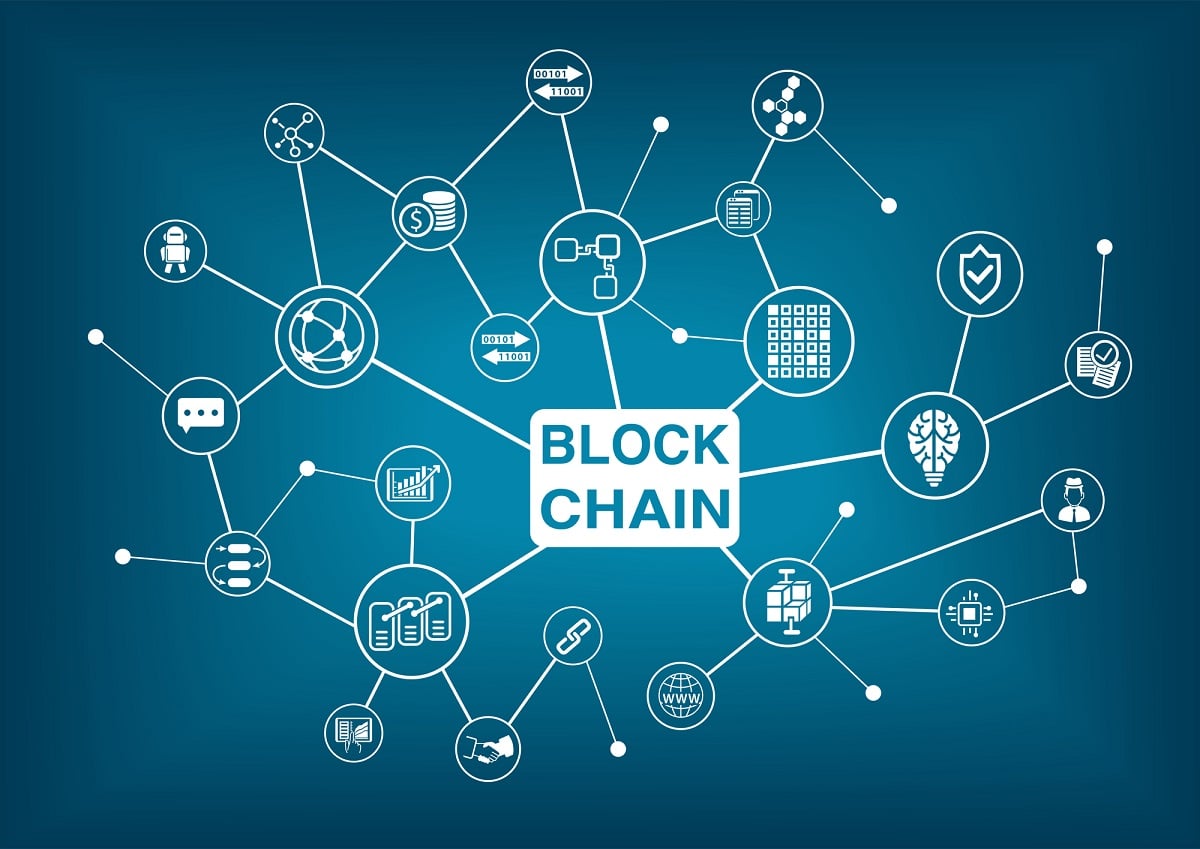The term “web3Has become very popular in recent months and is used to indicate what many consider the future of the Internet. It’s about a decentralized and blockchain-based network which is seen as both an opportunity and a source of concern about what the Internet could become in the next few years.
The risks of web3, the new decentralized Internet
The world of the Internet as we know it today, also known as web 2.0, could be progressively replaced by web3, a real “new Internet ”entirely based on the blockchain and, therefore, on a completely decentralized structure. This evolution of the Internet has many admirers but also has many critics, so much so that the campaign has been running for some time Keep the web free, say no to web3.
The decentralization of the Internet is, therefore, a very current theme. A blockchain-based network generates a series of technical and logistical problems which, in the future, will become fundamental if the web3 project registers the diffusion that its supporters hope for. Some Internet-related businesses as we know it today require some form of centralization.
From data centers for data retention to the control of content disseminated on the net, in some respects, centralization appears to be an essential element of the Internet and of the way in which users access web services. A social network, for example, requires a centralized system for account control, content verification, which must comply with precise guidelines, as well as an infrastructure for data storage.
Decentralization risks increasing the risk of scams against unsuspecting users how can it happen in the world of cryptocurrencies. There is, in this case, a problem of “Information asymmetry” where one party can rely on much more information than the weaker party, the end users, who risk having to deal with security risks on multiple levels.
Also Jack Dorsey, founder of Twitter and supporter of cryptocurrencies, has taken sides against the web3 highlighting the risk that, in the long run, this new version of the Internet will become a new centralized entity, but simply with a different name.
You don’t own “web3.”
The VCs and their LPs do. It will never escape their incentives. It’s ultimately a centralized entity with a different label.
Know what you’re getting into…
— jack⚡️ (@jack) December 21, 2021
The energy question
Of no secondary importance for the future of the web3 is the so-called “energy issue“. The blockchain, as it is structured, requires a high computing power and, consequently, involves an enormous consumption of electricity. The clearest demonstration is represented by cryptocurrency mining which, in its most extreme versions, comes to be supported by real dedicated power plants. As reported by the Cambridge Bitcoin Electricity Consumption Index, the Bitcoin network alone records a very high consumption of energy.















Leave a Reply
View Comments